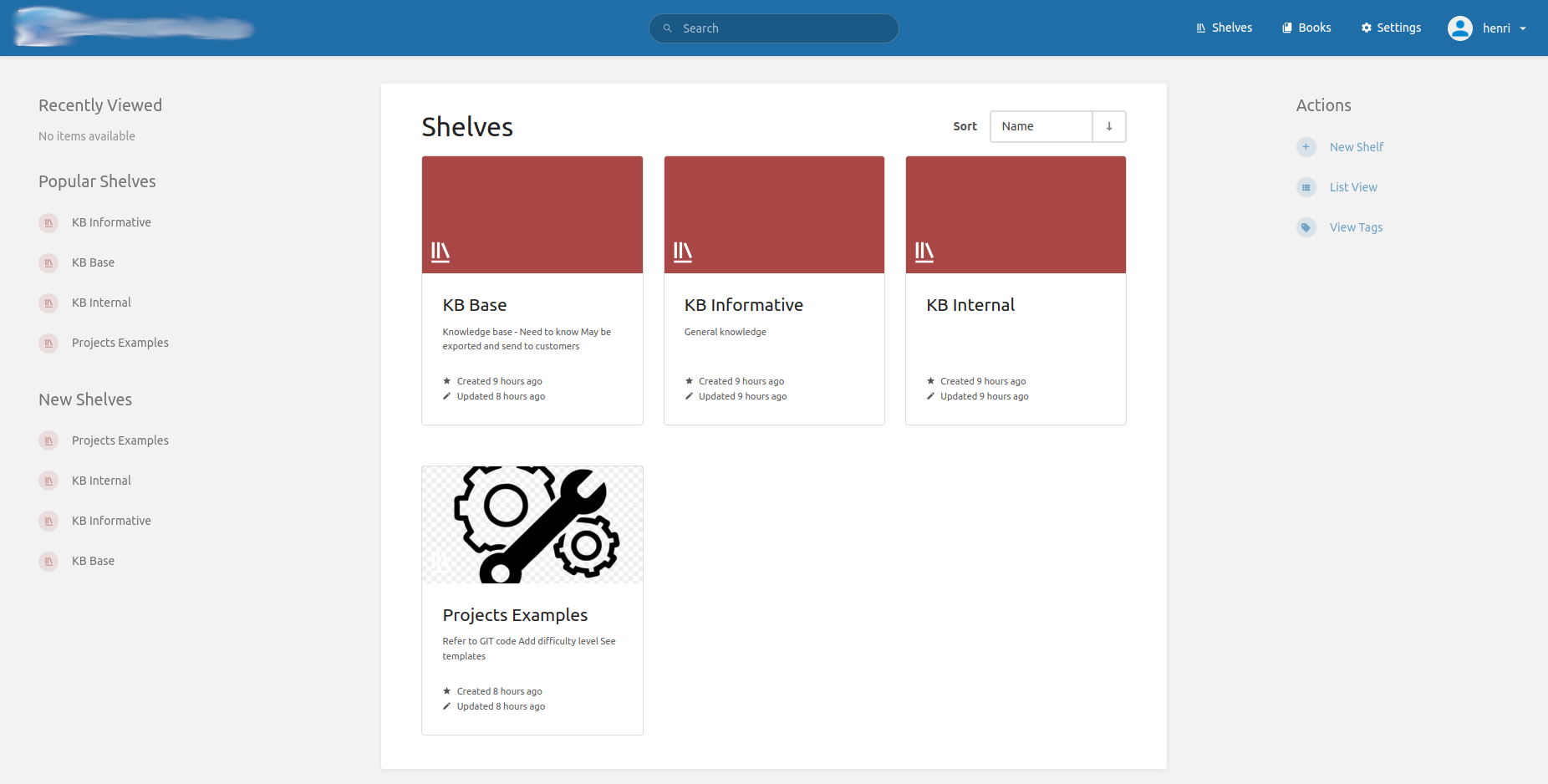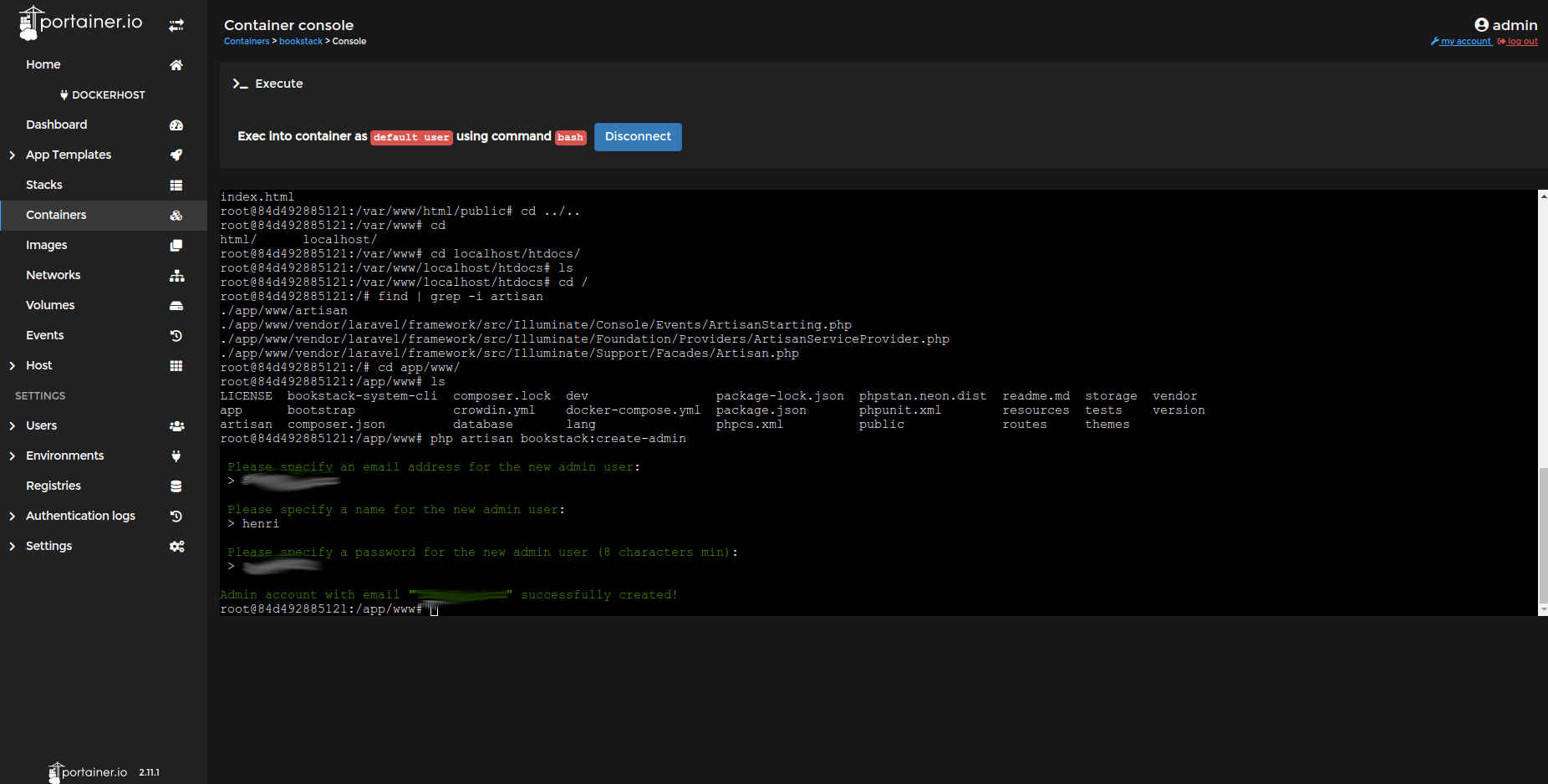Last Updated or created 2023-10-09
I’m always looking for new better ways to document stuff.
I’ve tested a lot, some things i’ve used personally for years.
Same or other tools I implemented also at Customers.
Everybody starts off with text files.
Then I used Hyper when I was using MS-Dos.
Many wiki’s came, and went.
- Twiki – Work
- Foswiki – Work, Highland Valley Pipeband, personal
- Docuwiki
- MediaWiki (pipetunesearch) and more
I tried to document in wordpress, but that’s not suitable.
I still got stuff in Nextcloud, Google Drive and Joplin. These are only for fast access to unstructured information.
I don’t like Wysiwig that much, also I like to use OpenSource and Open standards.
So discovering a knowledge base engine like Bookstack is always nice.
I installed a docker version in my Lab to experiment with.
So far so good.
Markup Language, and export to PDF, Markup, Html and Contained webfile.
I’ve changed the docker-compose.yml because I’ve got my dedicated Database server for that:
---
version: "2"
services:
bookstack:
image: lscr.io/linuxserver/bookstack
container_name: bookstack
environment:
- PUID=1000
- PGID=1000
- APP_URL=http://bookstack.henriaanstoot.nl:6875/
- DB_HOST=IPDATABASESERVER
- DB_PORT=3306
- DB_USER=bookstackuser
- DB_PASS=bookstackpassword
- DB_DATABASE=bookstackapp
volumes:
- ./bookstack_app_data:/config
ports:
- 6875:80
restart: unless-stopped
volumes:
- ./bookstack_db_data:/config
restart: unless-stopped
While playing with this I forgot my credentials .. duh
Using portainer terminal access to the docker to add a new admin user

